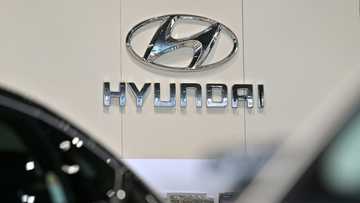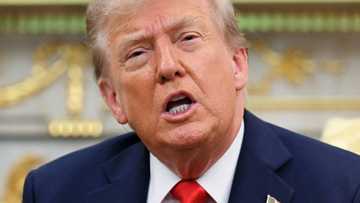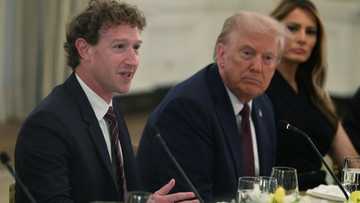'Build, baby, build': Canada PM's plan to counter Trump
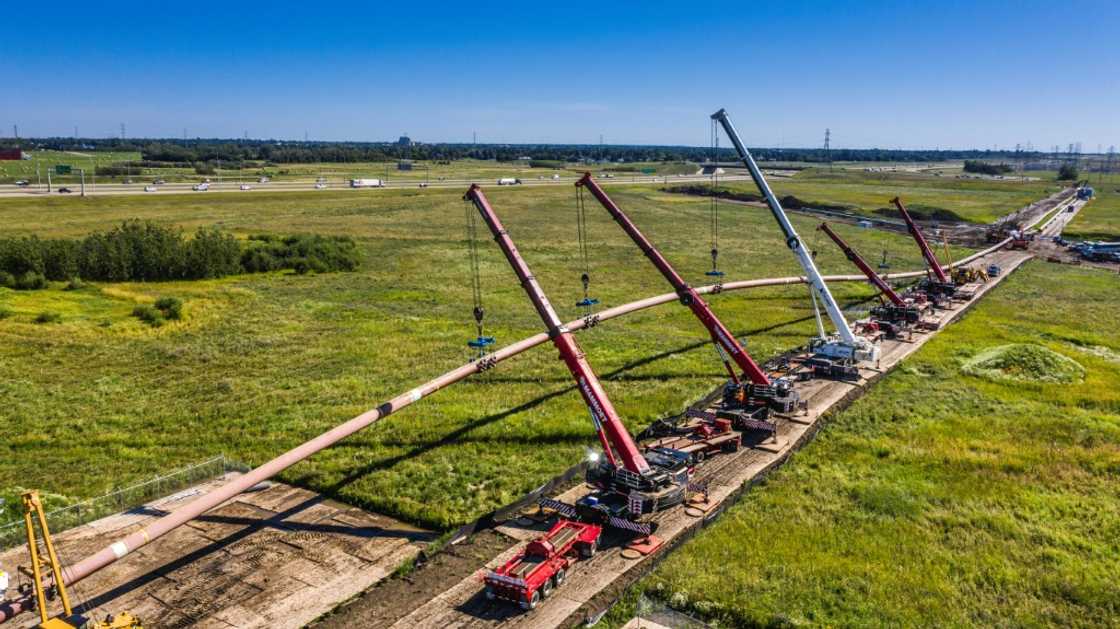
Source: AFP
On the night he won Canada's election, Prime Minister Mark Carney summarized his plan to jumpstart the country's economy in response to President Donald Trump's threats.
"Build, baby, build!" Carney told a jubilant crowd of Liberal party supporters in April.
In the early weeks of his first term, Carney's plans to build have taken shape, headlined by the new "Major Projects Office", launched last month to spearhead the construction of ports, highways, mines and perhaps a new oil pipeline -- a contentious subject for groups concerned about the environment.
The office, which is expected to announce its priorities in the coming days, was formed after Carney's Liberals secured cross-party support to pass legislation empowering his government to fast-track "nation-building projects."
"We are moving at a speed not seen in generations," Carney said, a level of urgency he argues is required as Trump reshapes the global economy.
Trump's threats to annex Canada have eased, but his trade war is hurting the Canadian economy.
US tariffs on autos, steel and aluminum have squeezed the three crucial sectors and led to job losses.
The unemployment rate hit 7.1 percent in August, the highest level since 2016 outside of the pandemic.
That "adds to evidence that the trade war is taking its toll on Canadian labor markets," RBC senior economist Claire Fan said this week.
'Economy in peril'
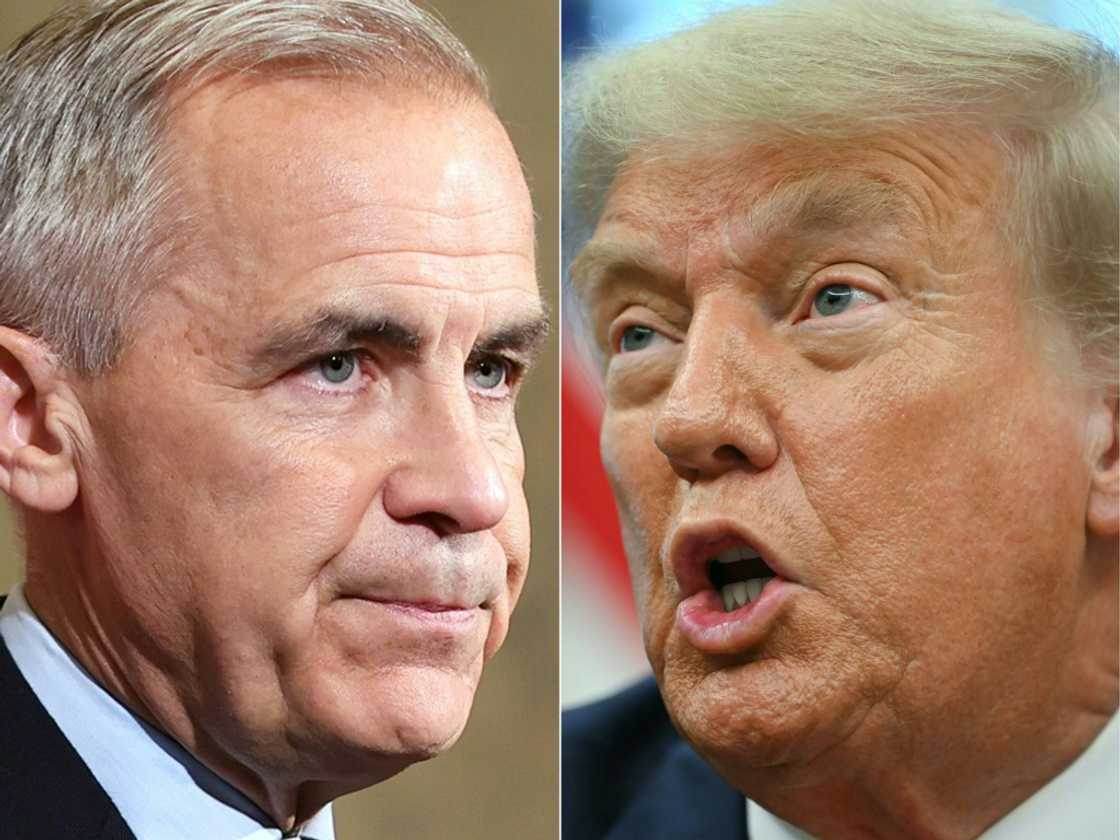
Source: AFP
Since entering politics earlier this year, Carney has insisted Canada needs to break its decades-long reliance on US trade by revitalizing internal commerce while pursuing new markets in Europe and Asia.
During a visit to Germany last month, Carney said his government was "unleashing half a trillion dollars of investment" in infrastructure for energy, ports and other sectors.
Jay Khosla, an energy expert at the Public Policy Forum, said the momentum to build would not have been possible without Trump.
"We know our economy is in peril," he said, noting Canada was effectively "captured economically," because of its closeness to the United States.
'Energy superpower'?
Canada is the world's fourth largest oil exporter and its crude reserves are the world's third largest.
Most of its resources are in the western province of Alberta, which exports almost exclusively to the United States, as Canada lacks the infrastructure to efficiently get energy products to other foreign markets.
Former prime minister Justin Trudeau, Carney's predecessor, put climate change at the center of his political brand and faced criticism from some over his perceived lack of support for the energy sector.
In a shift from the Trudeau era, Carney's Liberals now support exporting liquefied natural gas (LNG) to Europe.
"What we heard loud and clear from German LNG buyers and LNG users is they believe there is demand and they want to buy our products" Energy Minister Tim Hodgson said in Berlin last week.
Carney has repeatedly said Canada "can be an energy superpower."
But not everyone is enthusiastic about that plan.
Greenpeace has accused the prime minister of backing "climate-wrecking infrastructure" while ignoring clean energy.
Carney could likely press ahead despite concerns from pro-climate NGOs, but support from Indigenous leaders -- for whom safeguarding the environment is top priority -- is seen as essential.
Despite Carney's efforts to secure Indigenous backing for his major projects push, their concern persists.
"We know how it feels to have Trump at our border. Let's not do that and have Trump-like policies," said Cindy Woodhouse, the national chief of the Assembly of First Nations, in a swipe at Carney's backing for energy infrastructure.
"Let's take the time and do things properly."
Source: AFP


